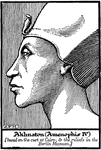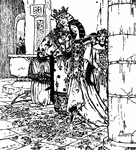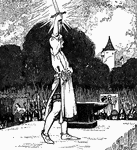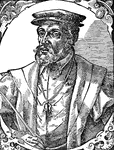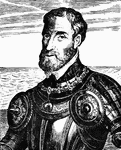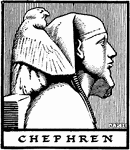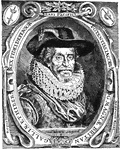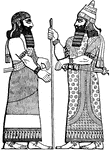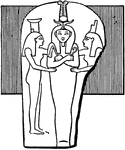Clipart tagged: ‘kings’
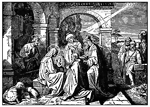
Kings from the East Worship the Baby Jesus
"...and, lo, the star, which they saw in the east, went before them, till it came and stood over where…

An English King from the 9th or 10th Century, Possibly King Alfred
Illustration of an English king between AD 800 and 1000. The king is very likely King Alfred who reigned…
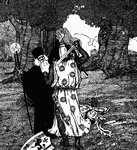
Merlin Saves Arthur
Arthur is about to be slain by the great Knight Pellinore but as he raises his sword against Arthur,…
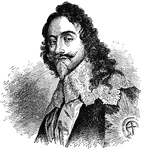
Charles I
"Charles I (1625-1649) was a far abler ruler than his father. He was a man of greater courage and more…
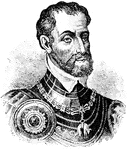
Charles V
"Charles V ruled over wider dominions than any European sovereign since Charlemagne. He belonged to…

Albert Edward
Prince of Wales, Edward VII, was the King of the United Kingdom of Great Britain and Ireland, King of…
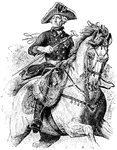
Frederick the Great
"Frederick II (The Great, 1740-1786). The young Frederick had been brought up in a rough school. His…
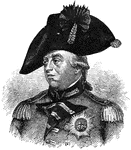
George III, King of England
"George III (1760-1815). The first two Hanoverian kings were ignorant of English politics and obliged…
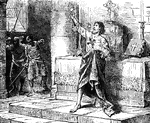
Henry III of Winchester
Henry III is one of the least-known British monarchs, considering the great length of his reign. He…
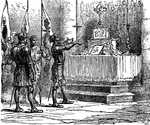
Henry VII
Known greatly as the king of hearts, or the man of ruthless wonder, Henry was born in Pembroke Castle,…
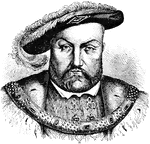
Henry VIII
"Henry VIII (1509-1547) came to the throne in 1509, inheriting a vast treasure which he owed to the…
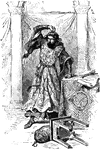
John's Anger after Signing Magna Charta
All this time John Lacklands cruelty and savageness were making the whole kingdom miserable; and at…

King Henry and His Barons
King Henry was a builder of beautiful churches. Westminster Abbey, as it is now, was one. And he was…
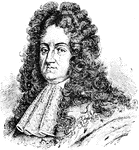
Louis XIV
"The age of Louis XIV. during the reign of Louis XIV, the son and successor of Louis XIII (1643-1715),…
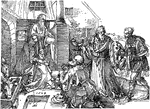
Adoration of the Magi
The Adoration of the Magi is a pen-drawing that was created by German artist Albrecht Dürer in…
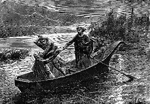
Murder of Prince Arthur
As a kind of joke, John, King Henry's youngest son, had been called Lackland, because he had nothing…
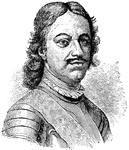
Peter the Great
"Peter the Great. This prince is one of the most extraordinary figures in history. As a boy he showed…

Richard Removing the Archduke's Banner
During one of King Richard the Lion-Heart's crusades the city of Acre was taken over and a prince, Leopold,…
